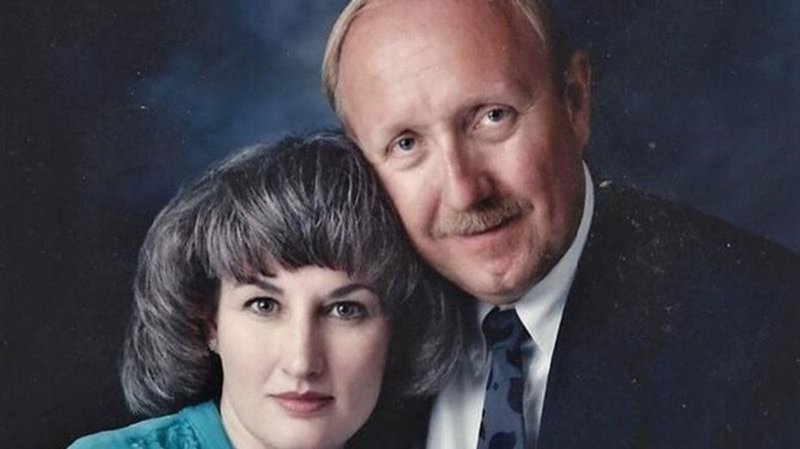
After N.S. mass shooting, American family member of victims lost faith in Mounties
HALIFAX — U.S. citizen Jennifer Zahl Bruland says the murders of her father and stepmother in Nova Scotia’s mass shooting led her to stop believing in the quality of Canada’s national police force.
In a Sept. 8 interview, the transcript of which was made public Thursday, Zahl Bruland told the public inquiry into the killings that the RCMP “appears to be broken,” citing serious shortcomings in its response to the rampage.
Twenty-two people were killed on April 18-19, 2020, by a gunman with a record of violence who drove a replica police vehicle over a 13-hour period — eluding police, burning homes and killing residents.
Zahl Bruland’s father, John Zahl — a U.S. navy veteran and American citizen — and his spouse, Joanne Thomas, were among the early victims in the community of Portapique, where the couple had lived in their retirement home since 2017.


